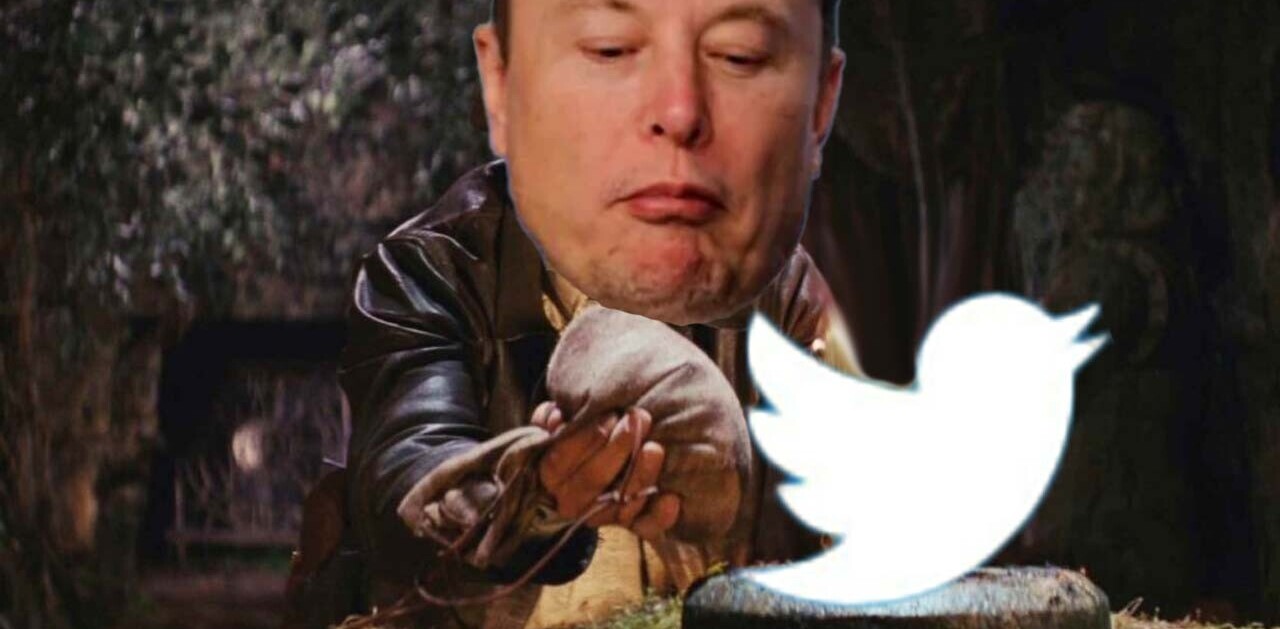
 In an interview with Fast Company, Blockbuster (yes, they are still around) CEO Jim Keyes tried to deflect his way through questions about competitors including Netflix and Redbox. According to Fast Company, Keyes is a “brash” guy, but brashness, unfortunetely cannot alter reality: Blockbuster is doomed.
In an interview with Fast Company, Blockbuster (yes, they are still around) CEO Jim Keyes tried to deflect his way through questions about competitors including Netflix and Redbox. According to Fast Company, Keyes is a “brash” guy, but brashness, unfortunetely cannot alter reality: Blockbuster is doomed.
Blockbuster’s view of the video industry
First, the article, which we’re going to reproduce quite a bit of because it’s quite entertaining in a “nice to see the captain going down with the ship” way, along with some valuable info into how Keyes views the video industry. He believes that Blockbuster’s main competitive advantage are those 28 days of new release exclusivity:
“All we’re saying is that we do something different, we do it really well, and that we have a really unique advantage. Netflix has never hesitated to reference their strengths versus ours, or against anybody else. What would you recommend? Should we just sit and be quiet about this 28-day advantage?”
Keyes also played up their “multichannel” approach to distribution, saying that while they aren’t all the way there yet, they are building the best DVD/streaming distribution system out there:
“Call me brash, but we’re building a world-class cross-channel distribution platform. Netflix can’t deliver content the way we can. Redbox can’t do what we do in their vending machines.
What I want to do is punch a button on my remote, and have access to 10,000 movies. You can get it all here. I’m going to be brash for a moment, but I don’t have to figure out how to get it from my Nintendo machine to the screen. I know I can do it, but I don’t want to–it makes my head hurt to think about it!”
Keyes also said that Netflix subscribers may have to wait up to five years to see a movie in their streaming queque:
Netflix has some great content, but they won’t have Avatar for a number of years–not months, years. We have a subscription service, but we have many customers that prefer the all-you-can-eat buffet. Listen, Paul Blart: Mall Cop? Yes, you can see it on Netflix–it’s only a year old.
The Blockbuster CEO also mostly blamed the financial crisis for the company’s woes, saying that while they lost customers to Netflix and Redbox:
“We were sitting on 45% of the market. Anyone with that much market share is vulnerable to new competitors. But people forget we’re still sitting on a base of 50 to 60 million customers.”
Keyes, to his credit, does give Netflix some credit where credit’s due:
“I admire what they’ve built. It was a brilliant idea to do DVDs by mail. We emulated that and created a comparable system. They also have a world-class search engine that is bar-none better than any search engine out there. We have a good search engine, but it’s not as good as theirs.
Another thing I admire is that they are true to their core. They could’ve tried to offer new releases, but they recognize that 80% of their business is long-tail content. They’ll do better by trading off new releases for better cost of goods. Our business is just different–our subscription service is a convenience for our customers, but it’s not the core.”
Most of this of course, is a CEO running a screen for his failing company – not that we blame him, but let’s get back to reality here.
Our view on the video industry (or as we like to call it, “reality”)
If Keyes really thinks that the financial crisis is to blame for most of Blockbuster’s woes, then he should step down immediately. This is just not true. YouTube, Netflix, Hulu, Redbox and a hundred other websites are the real culprits and we all know it.
Netflix
Let’s start with Netflix. Though they’ve had a few bumps in the road, they are still doing extremely well, still have pretty inexpensive subscription plans, and continue to innovate online with their streaming service. A company forecast PowerPoint presentation shows that they have a very reasonable plan for the next decade: continue to make money off of mailing DVDs for the next four years, then switch to and capitalize on the streaming service that they are currently building. Also, Netflix gets the fact that they need to be ubiquitous on all kinds of Internet-enabled devices, whether on the Wii, the iPad, the iPhone or a set-top box. Keyes’ statements in the interview just don’t point to an understanding of how vital this is.
Nowhere in that 40 slide PPT by Netflix management is Blockbuster named. Obviously, this was intentional, but the presentation is very frank about competition from Hulu, pay-per-view, and kiosk services, but really the only mention of brick-and-mortar stores is where they say “shipment growth fueled by video stores closing…” So to Netflix, Blockbuster at this point is a non-entity.
Redbox
If you’ve used Redbox you know how dead simple and convenient it is. Like Netflix, they also do not have new releases (they used to, but got cut off) but even so, if there is a direct stake into the heart of Blockbuster stores, it will come in the form of a Redbox kiosk – why go to another store when you can grab a DVD for a $1 a day as you walk out the door of the supermarket?
Hulu & other online video
It is certainly possible to get by for at least half of the year just watching TV episodes on Hulu. While their movie selection is laughable, Hulu is by far the most convenient (and as it’s free, cheapest) way to watch small screen content. All of the major networks of course also have their own streaming services, but in reality, they are more or less duplicating what Hulu does better. While they are right now perhaps not a direct threat to Blockbuster, when Hulu turns on a subscription model, they certainly will be.
Beyond Hulu, there is Amazon, Apple TV, Google TV and of course YouTube (now with LeanBack). There is – as Keyes rightly points out – pay-per-view, cable, cinemas, and a host of other first run or new release options to compete with and since all of these business models are basically set – and Blockbuster is desperately trying to change theirs – honestly, how do you think that’s going to work out?
So how close is the end?
Netflix, Redbox and Hulu get more popular everyday. Blockbuster must be bleeding enormous amounts of cash trying to keep the stores it still has afloat. Investors and the company’s own board of directors aren’t happy. Keyes himself says of what they are doing right now “You might think, This looks terrible! Well, yes, no kidding! We’re in the middle of remodeling,” then goes onto say that everything will work out and Blockbuster will turn into a great place to be.
Well, to that, all we can say is – if you’re a retail chain on the lookout for cheap space, more of it is coming soon – but maybe it’ll be more than 28 days.
Get the TNW newsletter
Get the most important tech news in your inbox each week.





